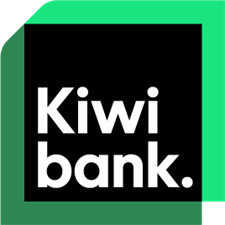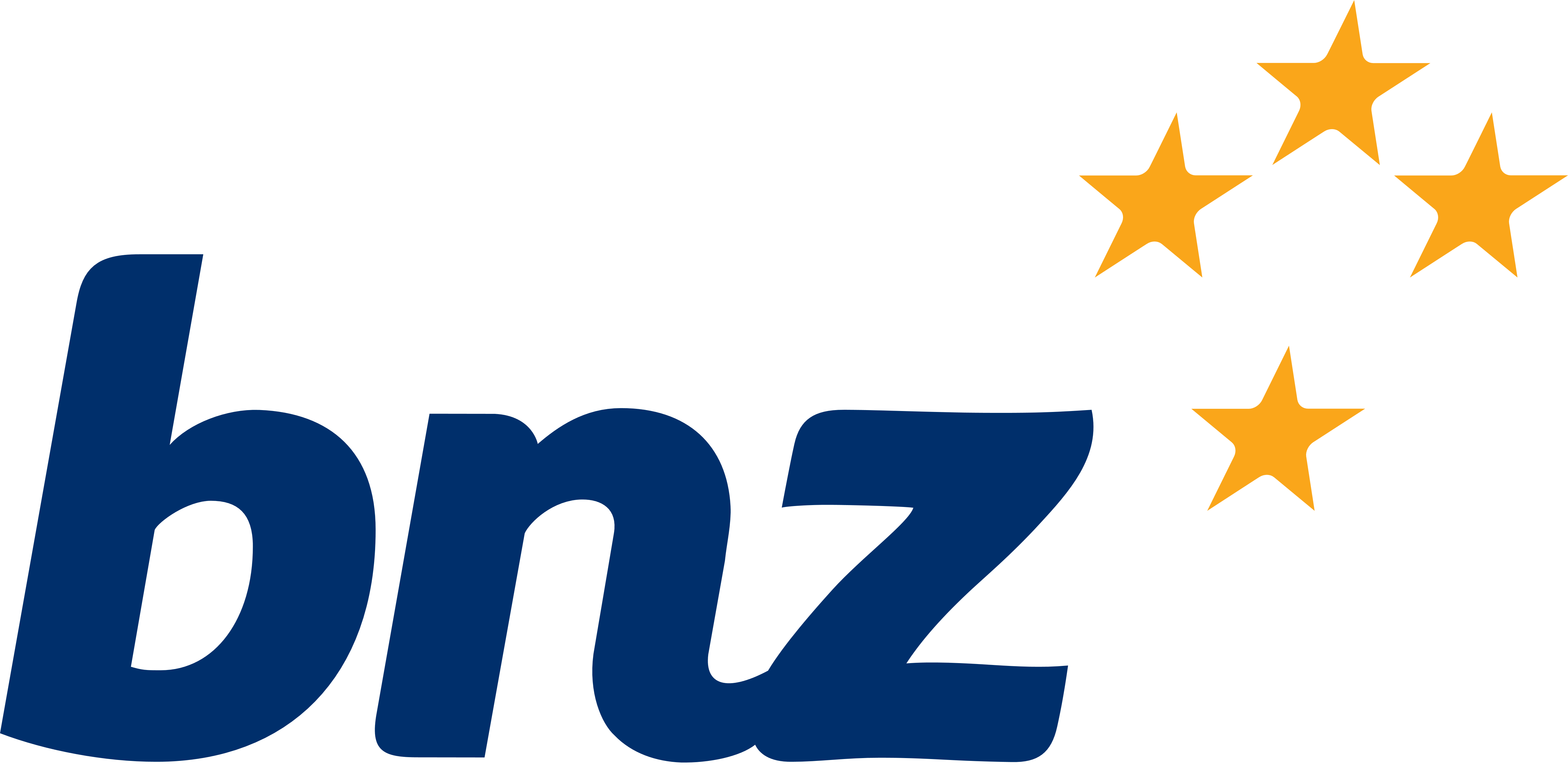Last Updated: 02/07/2025 12:50pm
Floating
3.99%
LVR <= 80%
400
Information on this page is for existing Back My Build variable rate customers. Back My Build variable rate is closed to new applications.
Get 1% cash back on new home loans.
Floating
5.95%
225
Get 1% cash back on new home loans.
Floating
5.95%
LVR <= 80%
225
Floating
5.99%
LVR <= 80%
0
Must have a 20% deposit, or already own a home and have at least 20% equity
Floating
6.35%
LVR <= 80%
0
TSB will match any home loan rate from ANZ, ASB, BNZ or Westpac, conditions apply. The offer only applies to the purchase, refinance from another bank or building of residential owner-occupied properties with an LVR under 80%.
Floating
6.39%
LVR <= 80%
0
Floating
6.44%
LVR <= 80%
150
Apply for a new BNZ home loan of $250,000 or more on your first home and you could get a minimum of $5,000 cash back.
Floating
6.44%
150
Floating
6.49%
250
These rates are only available for Residential and Residential Investing Lending with either a minimum of 20% equity (or greater when Residential Investing lending restrictions apply), First Home Loan, or lending where QBE lenders mortgage insurance applies.
Have a chance each month to win $100k towards your home loan with ANZ until 30 September 2025.
Floating
6.49%
0












